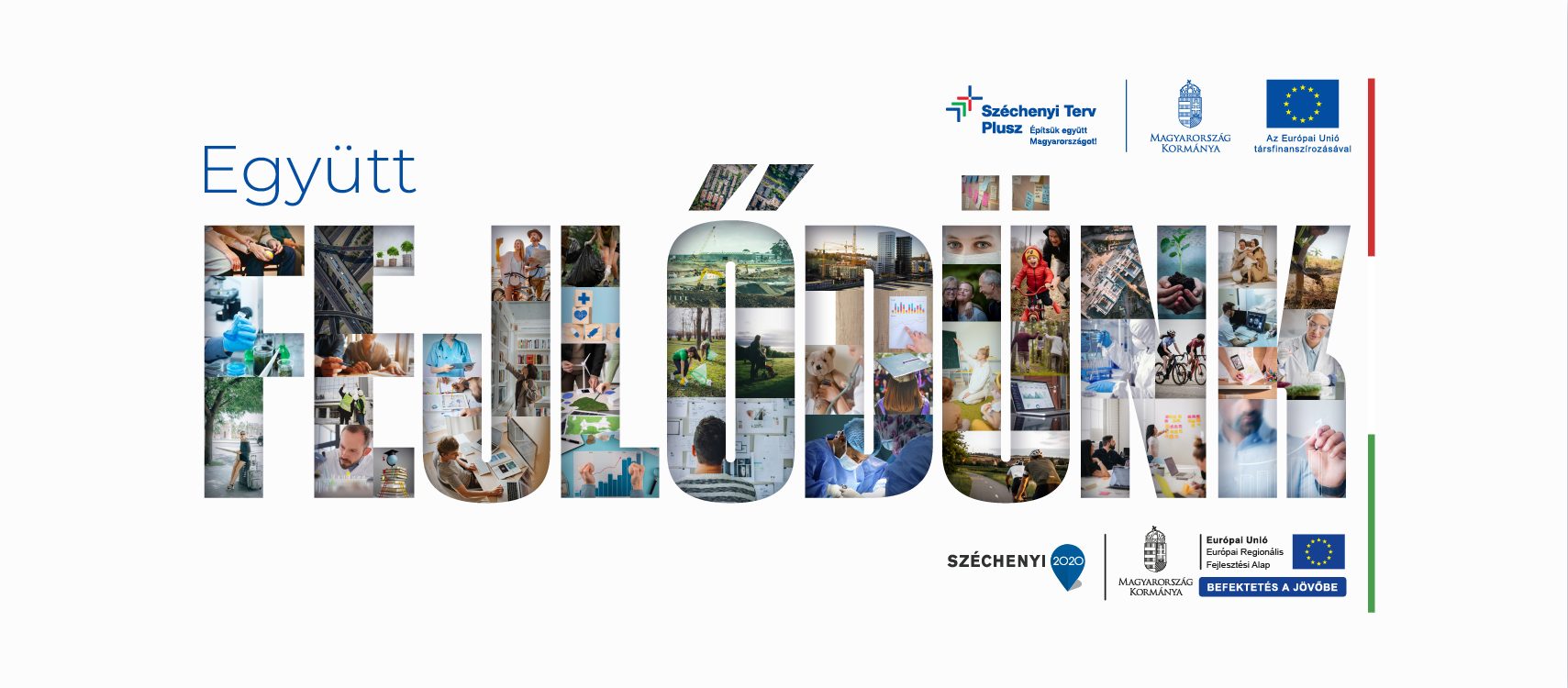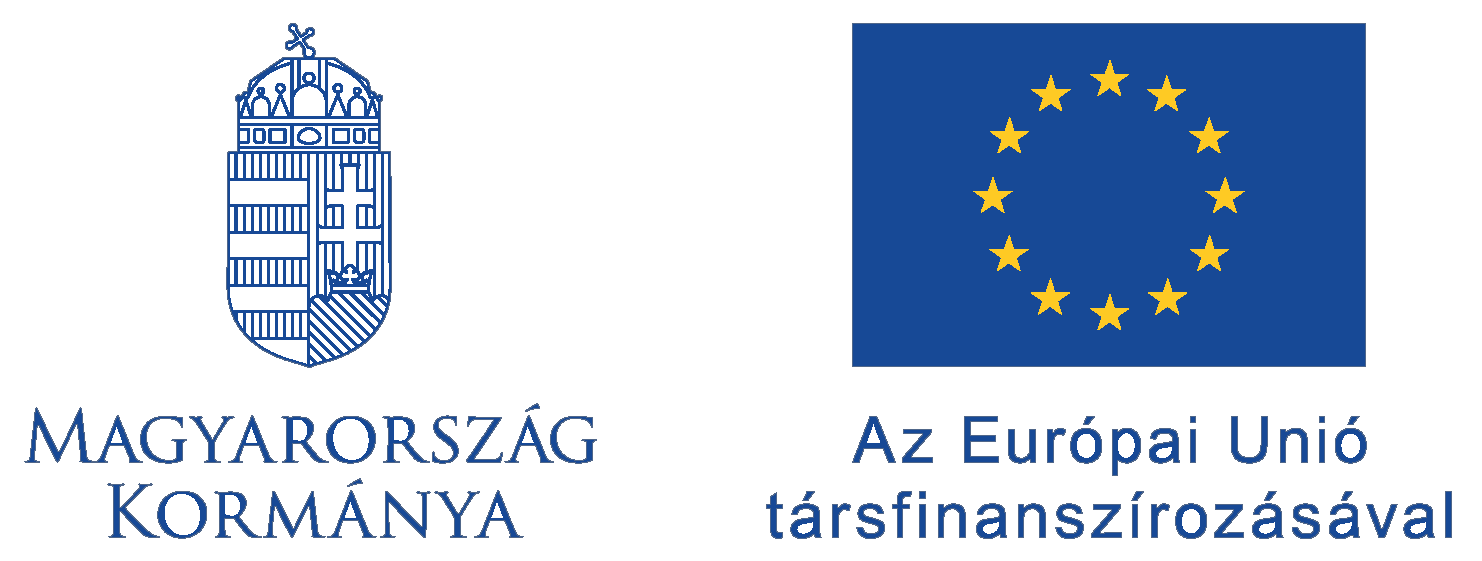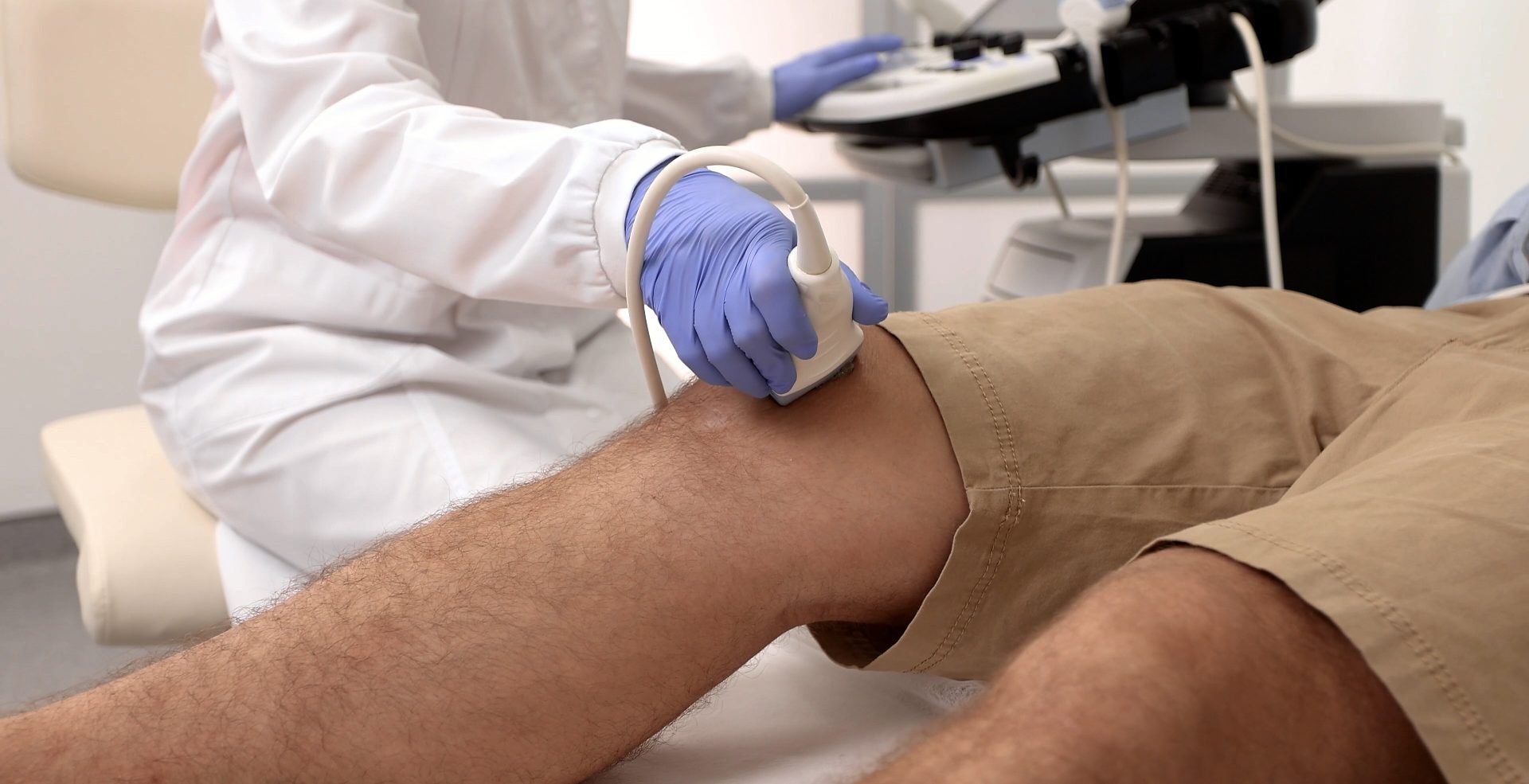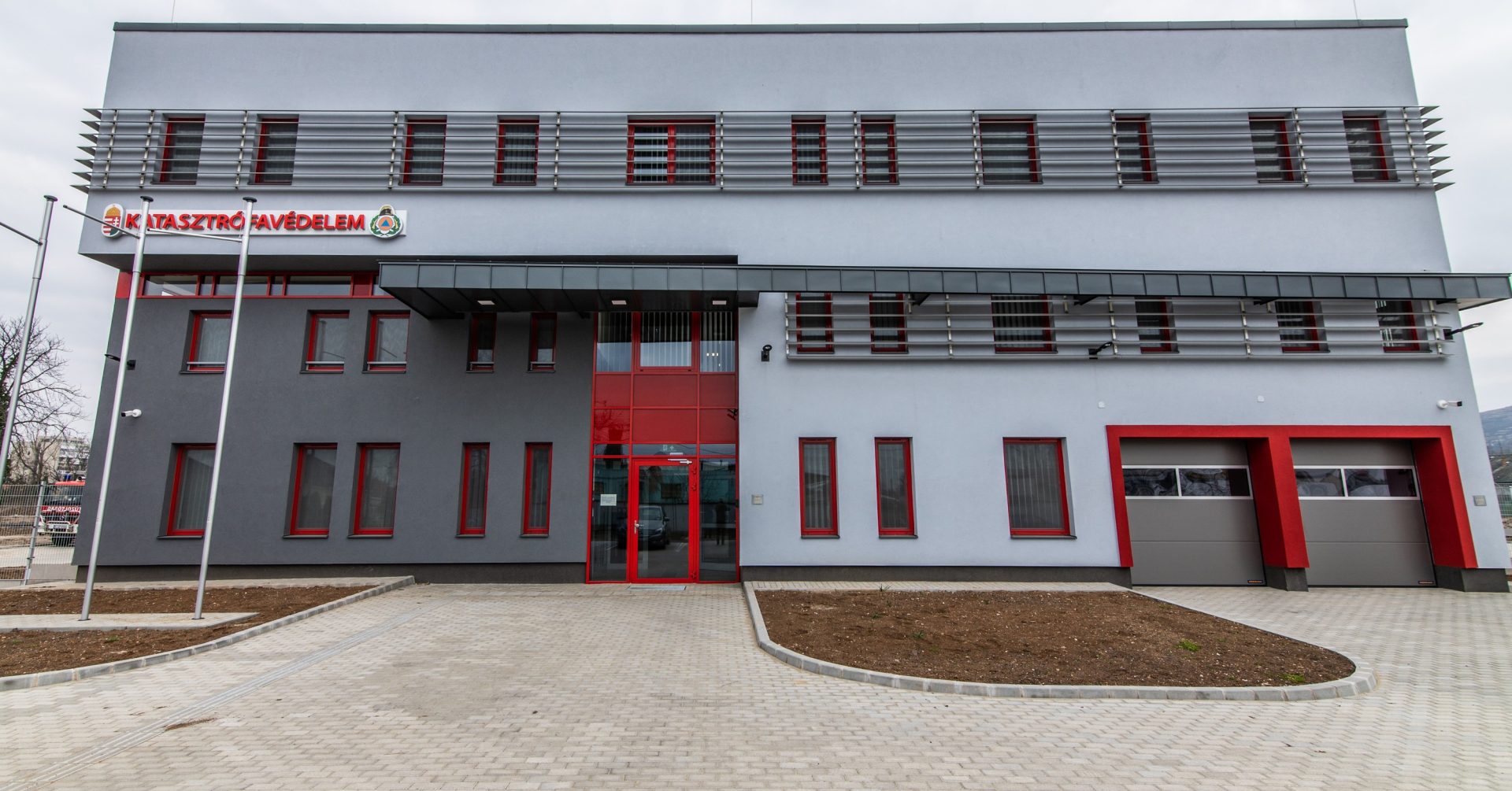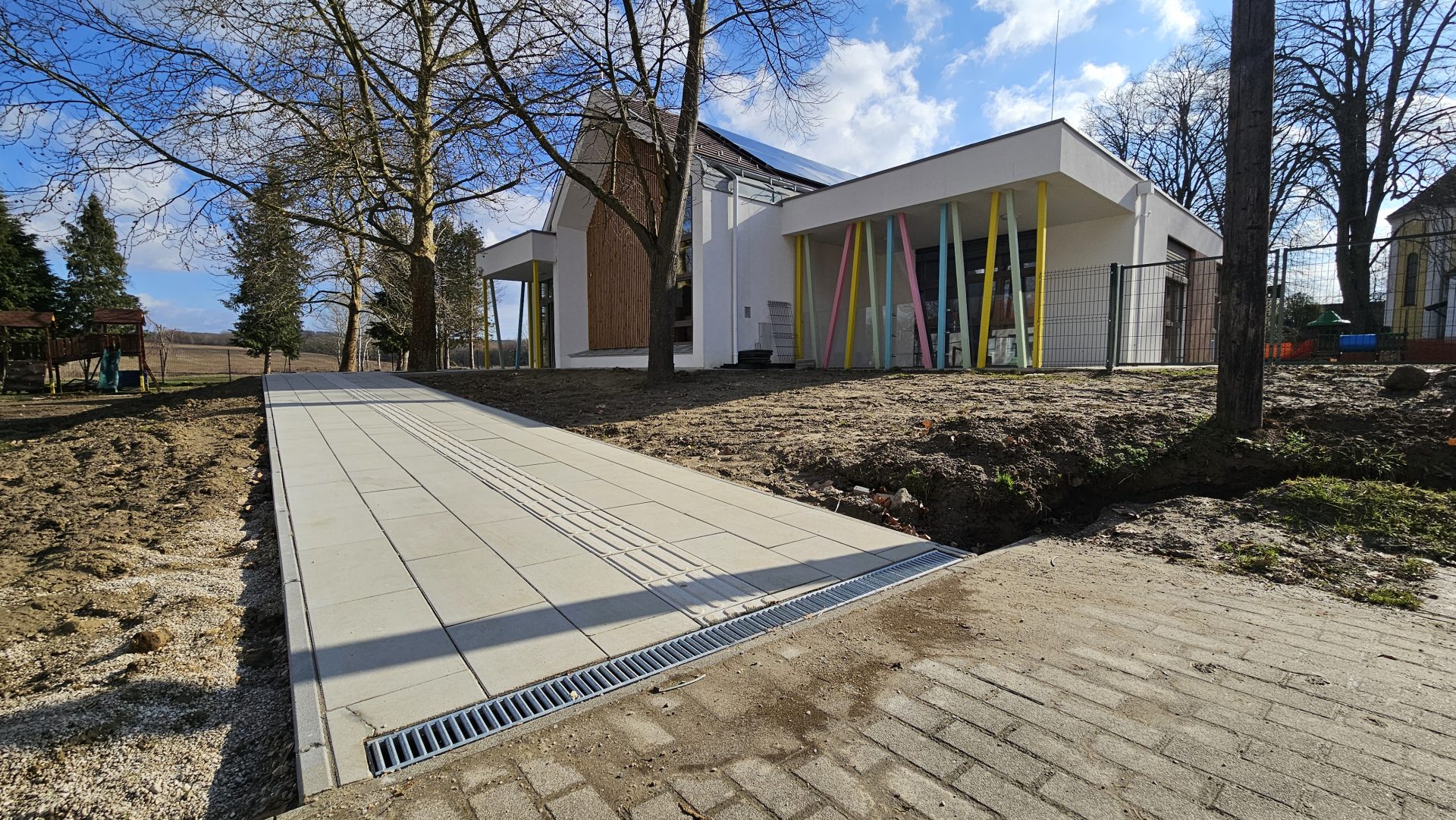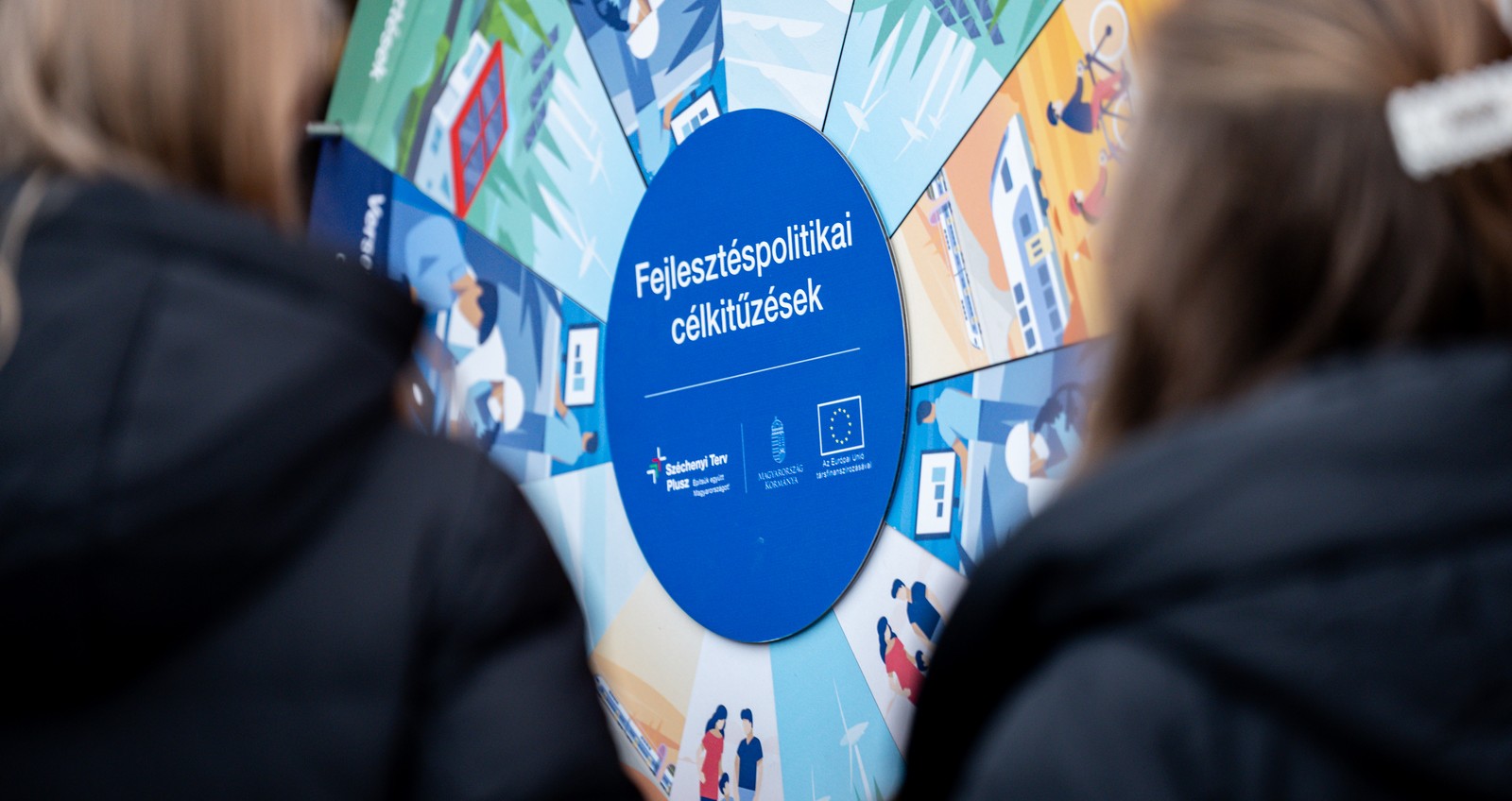The National Directorate General for Hospitals has set the development of rehabilitation for consequential musculoskeletal diseases as the goal of its project, which was implemented with more than HUF 7.1 billion in support from the Human Resources Development Operational Programme and the Hungarian state. Since the launch of the program in 2023, a total of 116 children have received treatment using robot-controlled devices at the Bethesda Children’s Hospital, with 660 therapy sessions completed.
At Bethesda Children’s Hospital, many children are cared for daily through complex rehabilitation sessions—children suffering from central nervous system injuries, severe trauma, or burn injuries. The goal of the Robot Therapy Center remains the same: to restore the joy of movement, to offer the possibility of progress, and to show that every small motion is a big step toward a fuller future. They are delighted to be able to use state-of-the-art technology in the service of healing children. The center was established through a European Union grant—prior to this, such software-based rehabilitation was only available in private healthcare.
Advanced Technologies Offer Numerous Benefits in Healing Therapies. Personalised therapy plays an effective role in improving motor functions, increasing muscle strength and range of motion, and developing movement coordination. The goal of rehabilitation is to ensure the highest possible quality of life for children with mobility and/or other functional limitations, as well as for their families. Devices designed to improve the motor functions of the upper and lower limbs support children through interactive games, helping them perform key movements—crucial for their recovery—hundreds of times, often without even realising how much they are “working.” Due to the high number of repetitions required, therapy can sometimes become monotonous, but incorporating games makes it easier to keep even the youngest children engaged throughout the exercise routines. Some of Bethesda’s technological devices are actual robots, capable of independent movement using their own motors without relying on the patient’s muscle strength. The system also includes augmented reality technology. These tools enable highly personalised therapy, as the software can record data, allowing children’s progress to be tracked and the effectiveness of the therapy to be measured.
The investment extended beyond the Bethesda Children’s Hospital. As part of the Human Resources Development Operational Programme project titled Ensuring Modern Conditions Necessary for Restoring Health, rehabilitation centers were established at nine locations across the country, providing nationwide coverage. Existing rehabilitation departments were also upgraded. In 54 inpatient institutions requiring specialised expertise, modern hydrotherapy, physiotherapy, and limb-mobilizing equipment were acquired. As a result, advanced technology-based tools that support rehabilitation for neurological and musculoskeletal disorders are now widely accessible.
The development was implemented from EU funding in the project EFOP-1.8.26-23-2023-00002 under the Human Resource Development Operational Programme.
Find out more about the project in the Project Finder:Details
